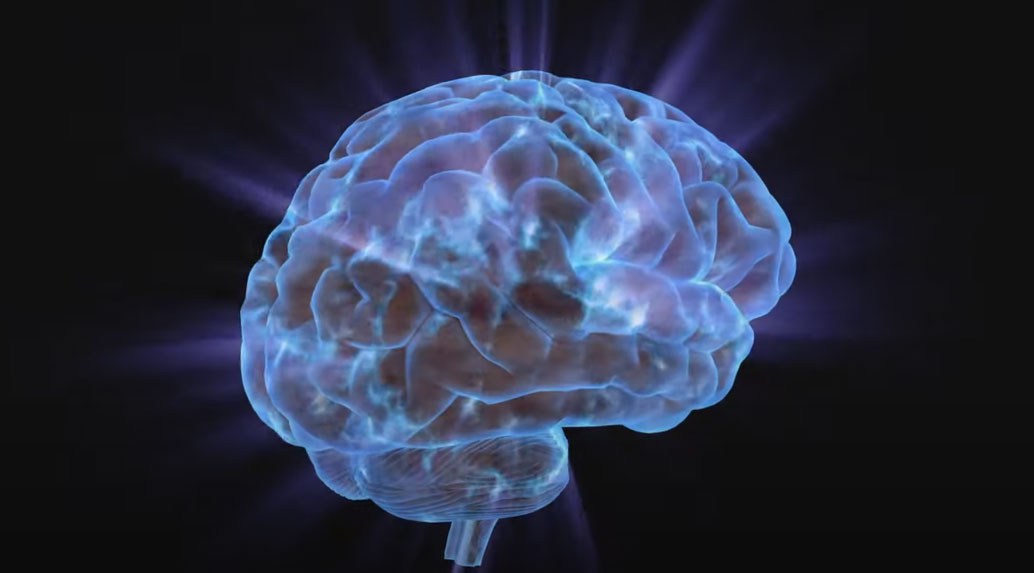Alcohol on the Breath
Q: Okay. You are a brain-function specialist. Periodically, I could swear my husband is intoxicated. I am sure I can smell alcohol on his breath. He adamantly protests that he has never ingested one drop of alcohol. I have combed the house and checked the trash—no evidence of bottles or cans—although my mother thinks he is lying. Any suggestions?
A: Yes. Actually, I do have a suggestion. You might want to take him to his physician—sooner than later—and have him checked for yeast infections in his Gastrointestinal Tract. There is a condition dubbed Auto-Brewery Syndrome or ABS. It is also known by other names including: “Drunkenness disease” and “Gut Fermentation Syndrome.” His microbiome (bacteria) may be involved as well as a whole host of types of yeast. If he has taken antibiotics recently, that may play into this as well. Studies have shown that even one dose of antibiotics can pretty much wipe out many of the beneficial bacteria in a person’s microbiome. Gastrointestinal dysbiosis is a term that refers to a condition in which there is an imbalance of the beneficial microorganisms (e.g., bacteria) versus the harmful microorganisms within one’s intestines. This can occur when individuals are prescribed antibiotics, because they are not very discriminating when it comes to killing bacteria. Sometimes antibiotics can be life-saving. Taking them when it is not absolutely necessary, can contribute to this imbalance. Couple that with a typically high intake of simple carbohydrates (especially sugary desserts) and the presence of yeasts such as Candida Albicans floating around in the intestines—and you have the recipe for Auto-Brewery Syndrome. This condition is characterized by the fermentation of ingested carbohydrates in the gastrointestinal tract of the body with the help of specific types of bacteria and/or fungi (yeasts).
What happens when carbohydrates ferment in the small intestine (and sometimes in other parts of the body)? The result is the production of intoxicating quantities of ethanol, also known as ethyl alcohol or grain alcohol. Bottom line: The ethanol is absorbed in the small intestine, causing an increase in blood alcohol concentrations that produce the effects of intoxication without the consumption of exogenous (from the outside) alcohol. As levels of ethanol increase, the individuals exhibit behaviors common to alcohol intoxication. This can include slurred speech, difficulty walking, headaches, drowsiness lack of mental acuity, vomiting, and so on. The individual may protest that “I ingested no alcohol!” Unfortunately, people may not believe that because the person looks and acts ‘drunk.’
Although once believed to be a very rare condition, it may be very underdiagnosed, especially as the ingestion of carb-heavy foods such as pizza, bread, pasta, beer, ice cream, and other desserts seems to be increasing in many industrial countries. Individuals with diabetes may be at higher risk for developing Auto-Brewery Syndrome. What can be done? Reduce the amount of surgery desserts and carbs that are ingested. Consult a physician to obtain testing for fungi or yeast in the system and for a possible prescription of antifungals. See a health-care professional for blood-alcohol level testing when symptoms arise. Eat a heavy meal of carbs one night, and by next day you likely will be showing symptoms of alcohol intoxication if you have ABS. Sometimes probiotics are taken to help grow the health bacteria in a person’s microbiome. Bottom line: if someone you know is exhibiting symptoms of drunkenness and you can find no evidence of alcohol ingestion, he or she just might have an active brewery operating in their gastrointestinal track and will likely need medical help




